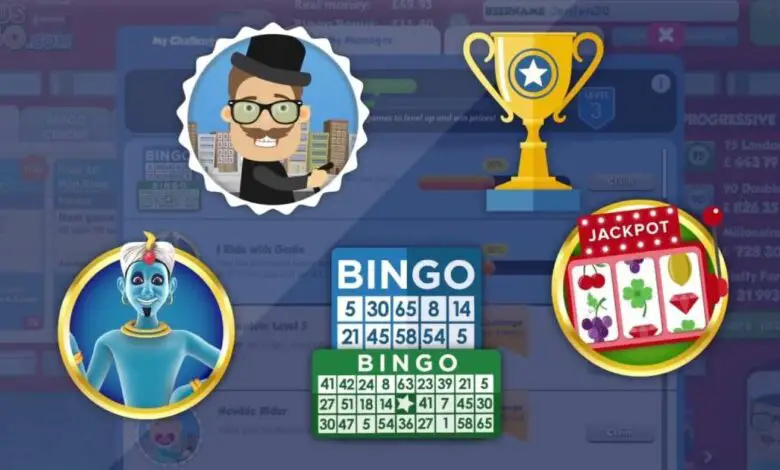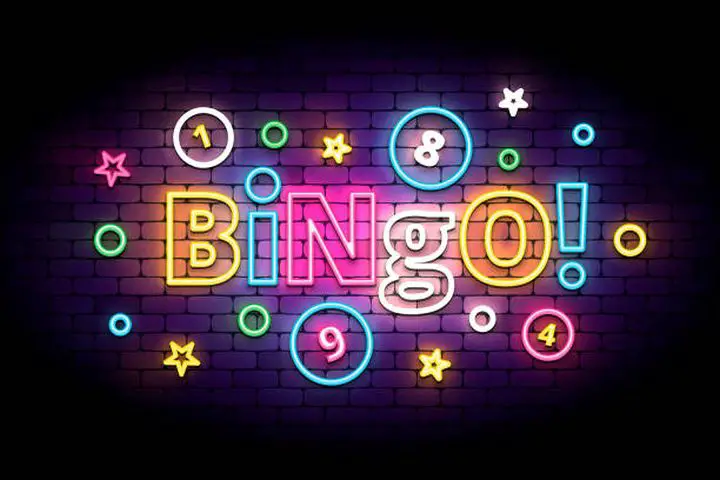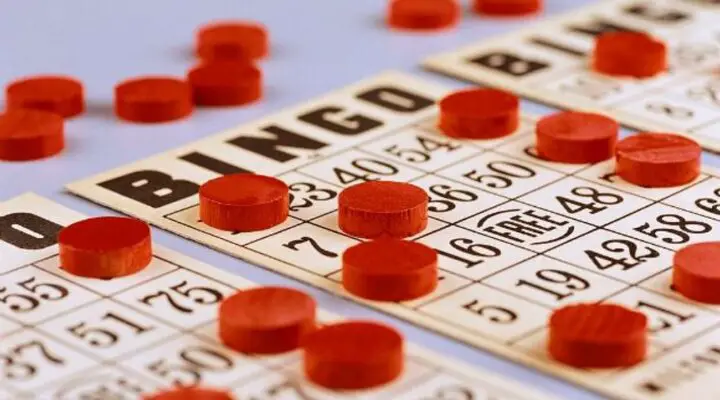How Bingo has Digitised in the 21st Century

Any activity that can boast a near 500-year history is bound to have undergone significant changes during that time frame.
That is certainly the case where bingo is concerned, with the game evolving from a 16th century Italian lottery into a global digital phenomenon.
We look at Bingo’s illustrious history and assess how the game has been completely transformed over the past couple of decades.
A background to bingo

It is hard to think of many other popular pastimes that have retained their place in the mainstream for as long as bingo.
It has its roots in ‘Il Giuoco del Lotto d’Italia’ – an Italian lottery game from the 1500s that subsequently worked its way into other parts of Europe.
The game took off massively during the early part of the 20th century after being spotted at a carnival by New York car salesman Edwin Lowe.
It subsequently became the go-to entertainment pastime for millions of people around the world, particularly amongst the working classes in the United States and United Kingdom.
Bingo benefits from revised gambling laws

While bingo found favour with players across the world, restrictive gambling legislation prevented its progression as a commercial activity in several key jurisdictions.
However, the UK government’s decision to implement revised gambling laws in the early 1960s sparked a massive boom in the global bingo industry.
Thousands of venues such as dance halls and cinemas were converted into bingo halls as gambling operators sought to cash on the new legislative landscape.
Ex-services clubs, working men’s clubs, amusement arcades and holidays camps also regularly staged games as bingo established itself as the number one entertainment pastime.
Shifting consumer habits threaten bingo’s future
Although it was hugely popular during the second half of the 1900s, it is fair to say that it was pigeon-holed by many people as a working class activity.
That dowdy image became a millstone for the bingo industry around the turn of the century, with people increasingly turning to what they perceived to be trendier entertainment pursuits.
The indoor smoking ban and lack of investment in the sector did little to help matter, and many bingo venues were forced to close their doors.
However, an unlikely saviour was launched just in time to transform bingo’s fortunes and fire the industry into a completely different stratosphere.
Digital technology saves the day

The creation of the internet revolutionised many aspects of society and unquestionably played a major role in bingo’s resurgence during the 21st century.
Although the earliest online bingo sites were extremely basic affairs, they provided a useful springboard for the industry to enjoy a massive renaissance.
Nowadays, websites like 888ladies have made the game very exciting, offering a great user experience to players.
Improvements in a wide range of technology elements have powered an online bingo boom – Image via Pexels
Improvements in software, better Wi-Fi connectivity and evolving mobile technology helped to attract a new demographic of players to bingo.
It was suddenly no longer viewed as a working class game, but something that could be enjoyed by everyone regardless of their social status.
Incorporating bingo’s social element online
During bingo’s land-based heyday one of its biggest attractions was the social element, with people using the game as a way to meet up with friends or family.
Gambling operators have expertly leveraged this to their advantage in recent years, using emerging digital technology to recreate this element online.
The use of instant messaging software is now commonplace on bingo sites, allowing players to interact with game moderators, friends, family or other players.
The incorporation of this social element has further broadened bingo’s appeal, once again making it an activity that goes way beyond the game itself.
Land-based bingo booms in a digital age
The land-based bingo sector was on its knees just a couple of decades ago, and the digitisation of the game looked set to be the final nail in the coffin.
However, the opposite has proved to be true, with players who have played bingo online inspired to try the game in brick-and-mortar venues.
Many bingo halls are packed out on a regular basis, while the game has also crossed seamlessly into other entertainment genres in recent times.
From bingo raves to bingo cruises and more, the digitalisation of bingo has ultimately proved to be beneficial to the entire industry.
The future of bingo

As demonstrated by the past couple of decades, digital technology has had a hugely positive impact on the bingo sector.
That trend is expected to continue for the foreseeable future, with gambling operators constantly looking for ways to keep it evolving.
Game crossovers such as Slingo, Flash Fives and Bingo Roulette have been a massive hit and more innovations of this nature are anticipated over the coming years.
Virtual reality (VR) technology has also been forecast to have a significant impact on bingo, creating endless possibilities for operators and players alike.
There are already VR bingo games available online and more will be added to the mix as developers get to grips with VR’s capabilities.
The digitisation of bingo has been one of the biggest success stories of the past few years and it looks like there are still plenty more chapters to be written about this brilliant game!
